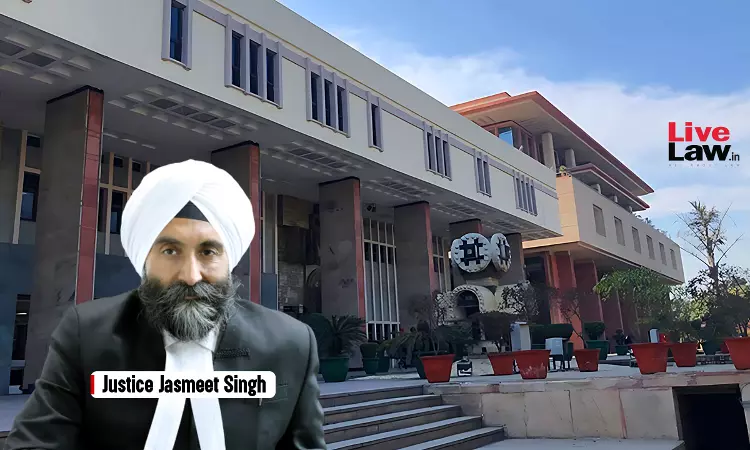The Delhi High Court bench of Justice Jasmeet Singh has held that findings made by an arbitrator which are consistent with the documentary evidence and admissions made during cross-examination are reasonable and not perverse. The High Court referred to the decision of the Supreme Court in Associate Builders v. DDA (2015) 3 SCC 49 where the Supreme Court held that the grounds...

